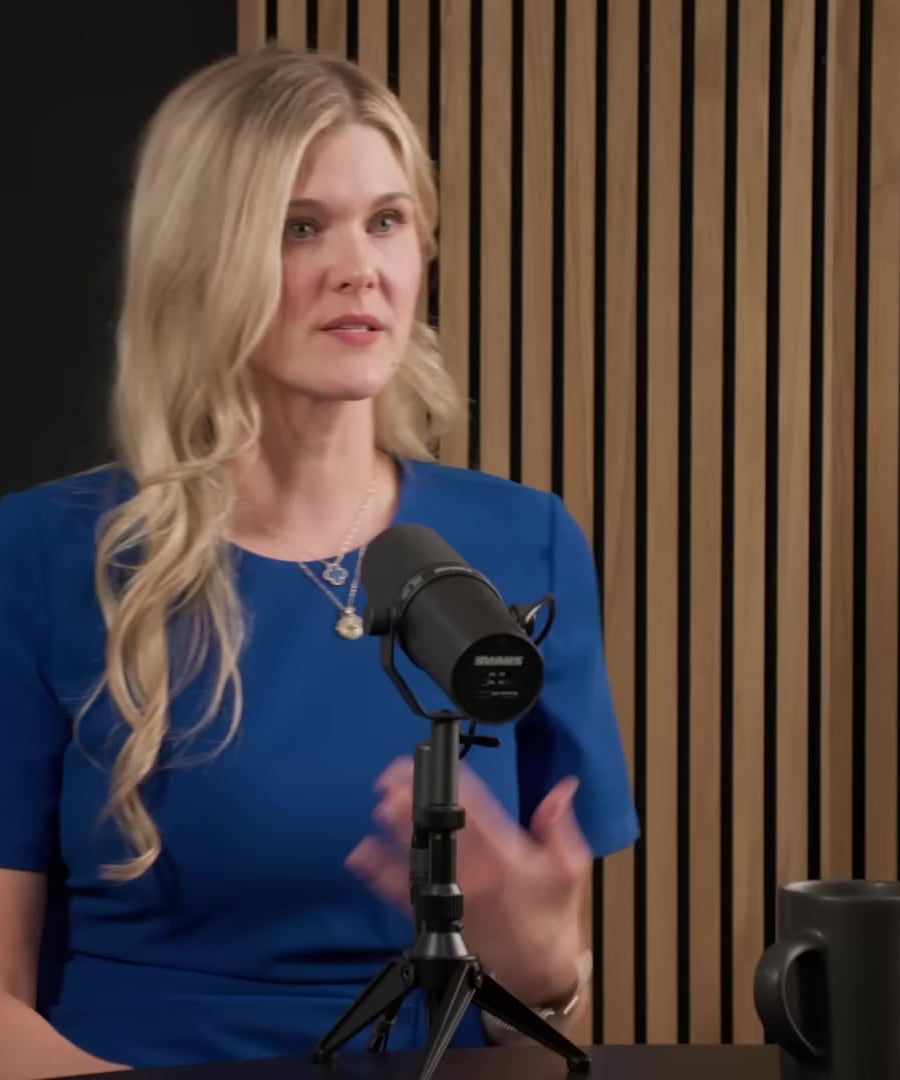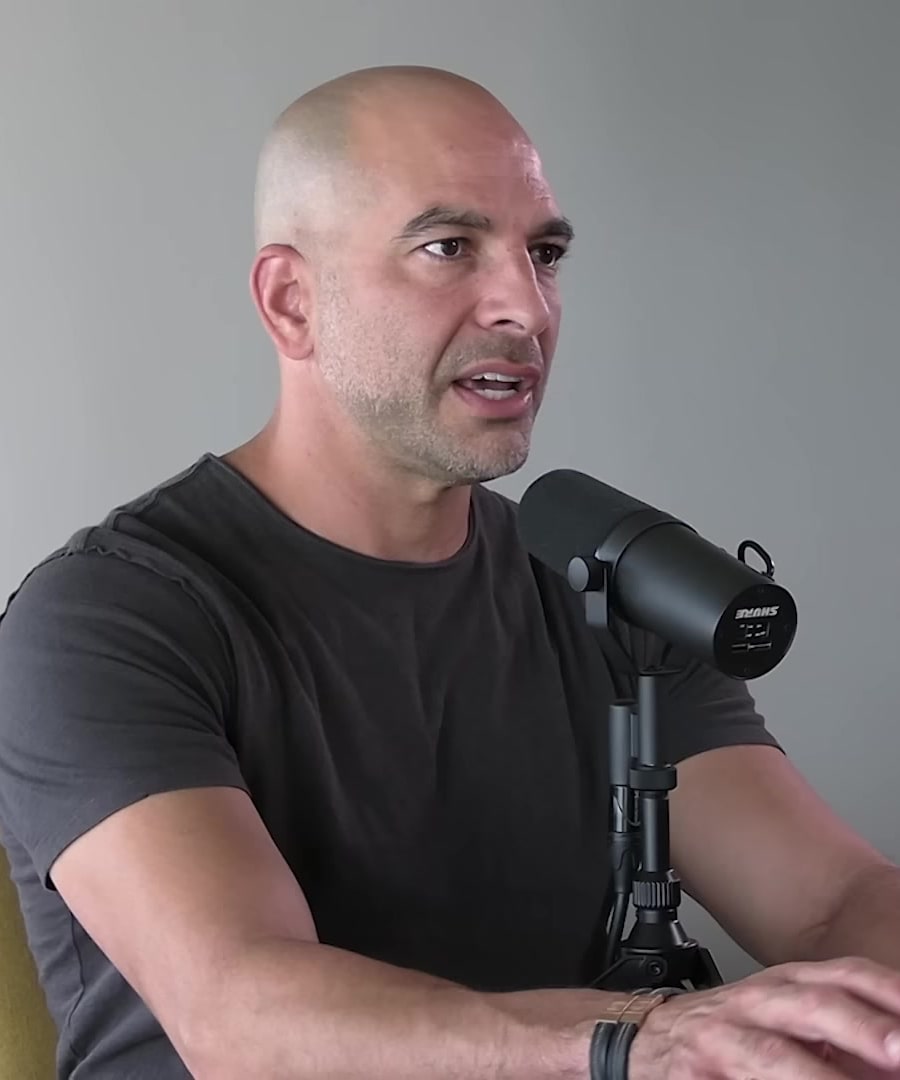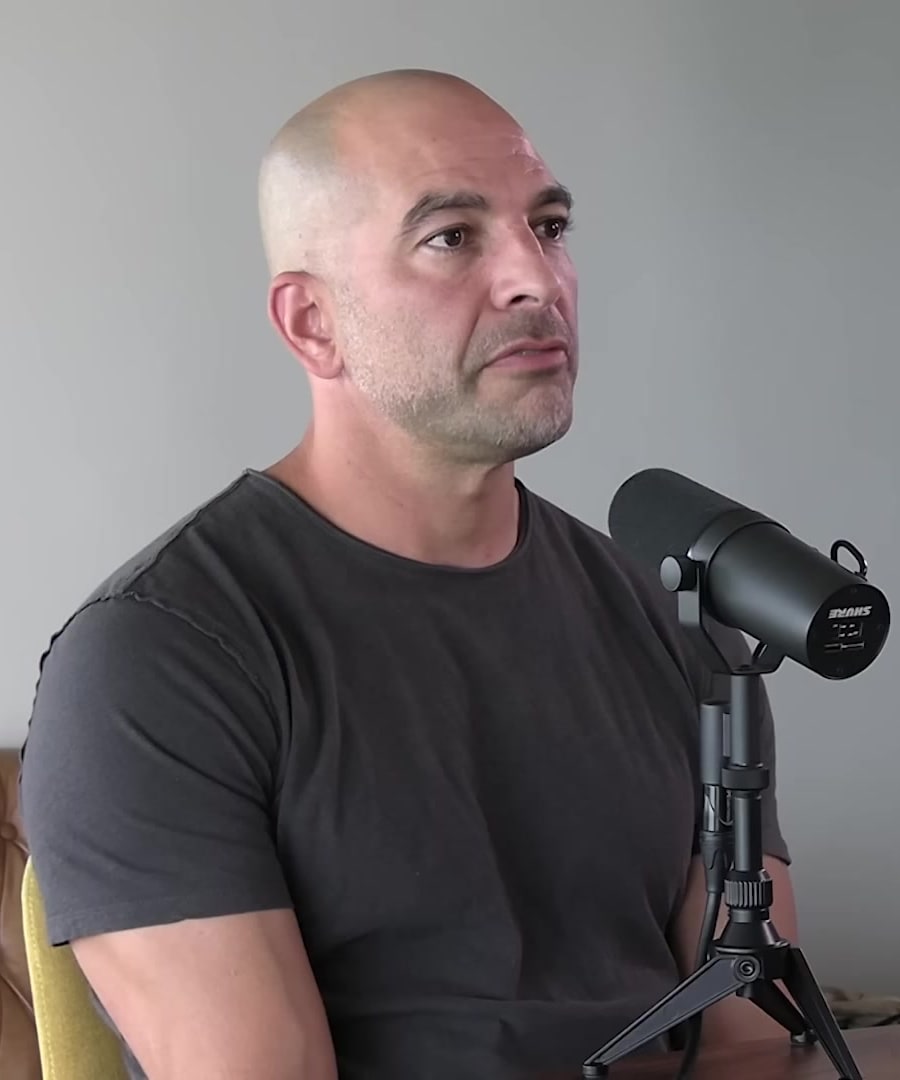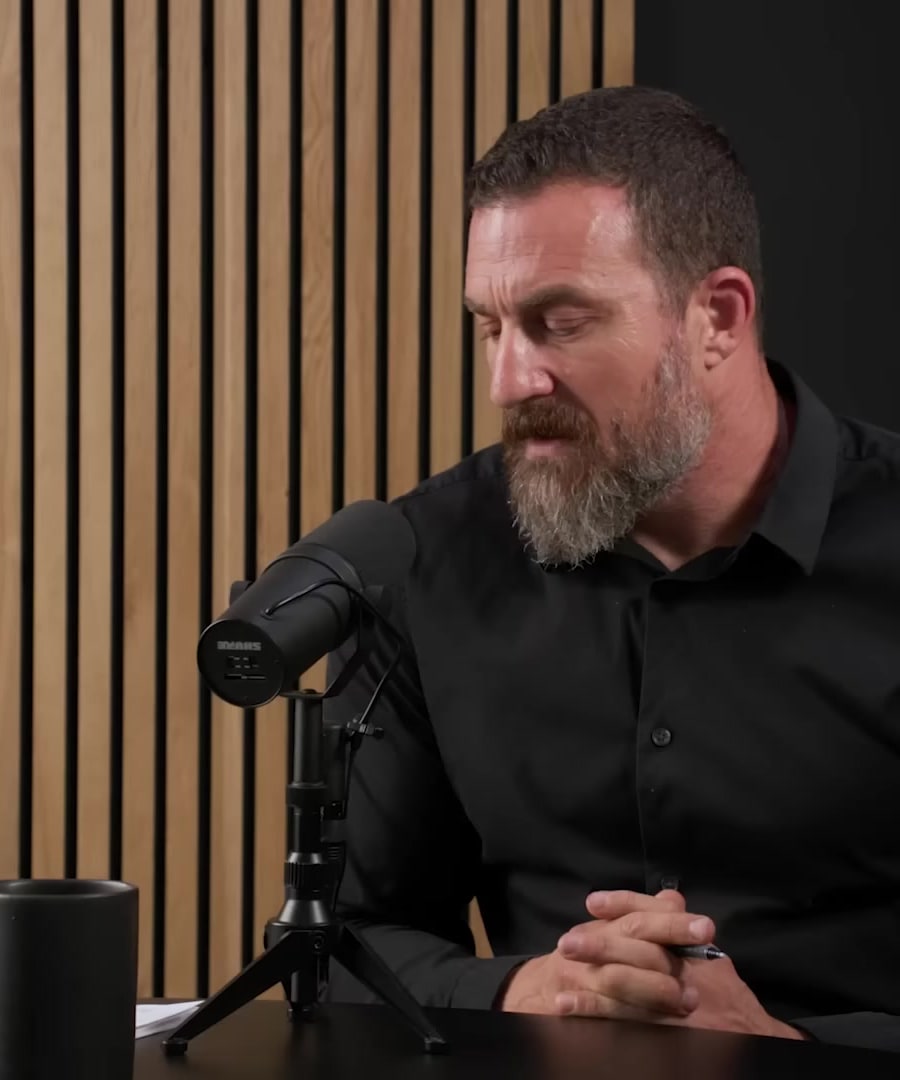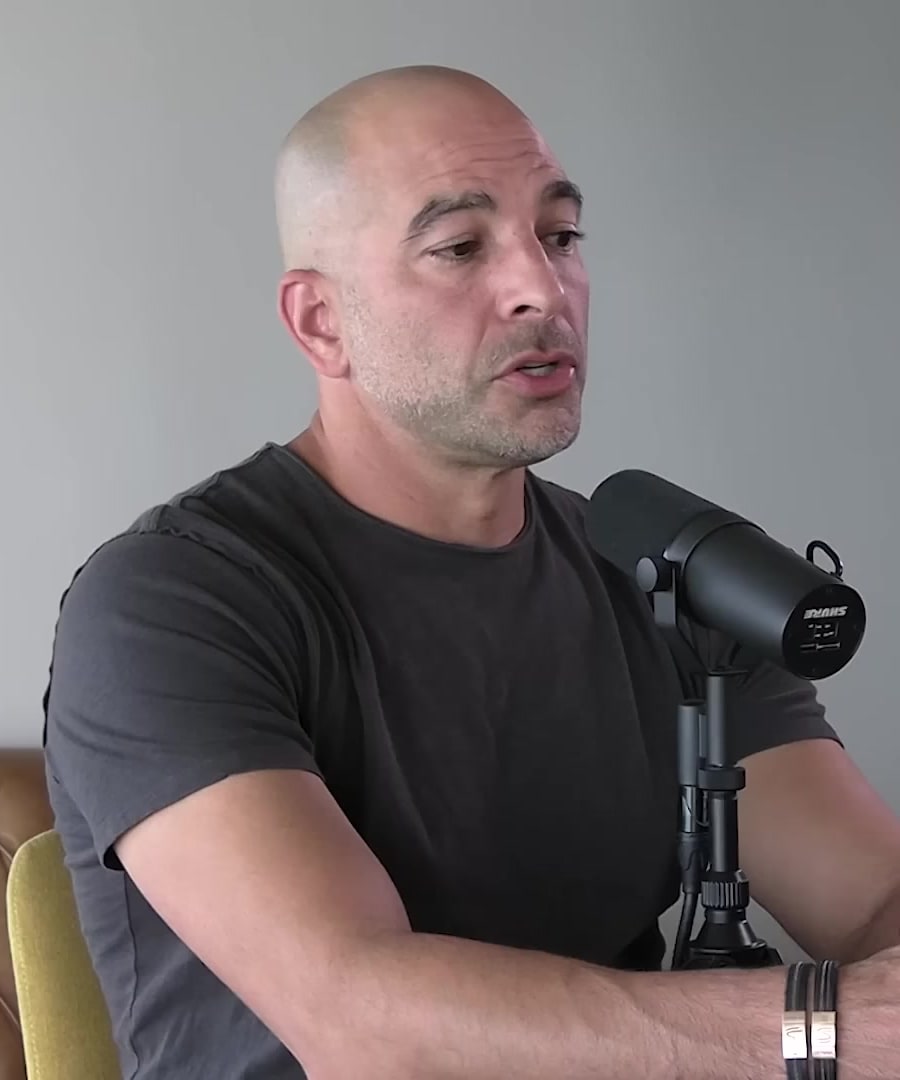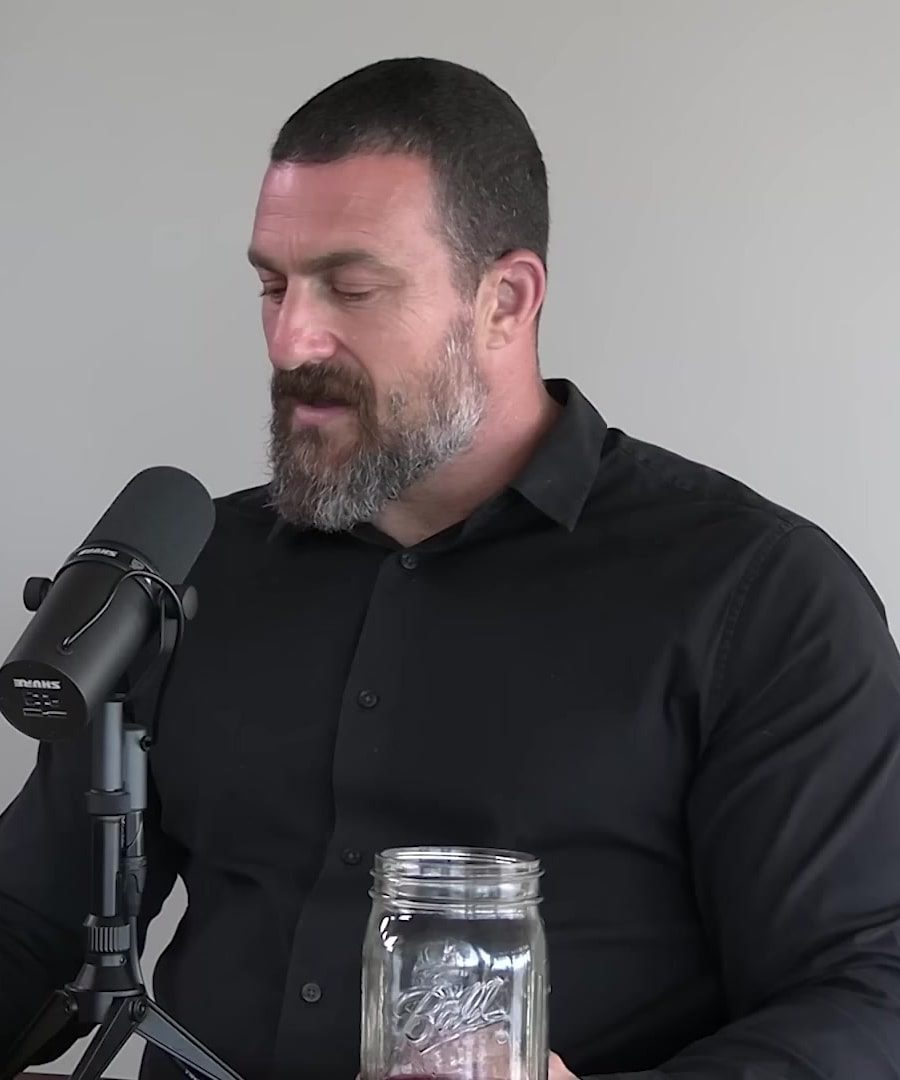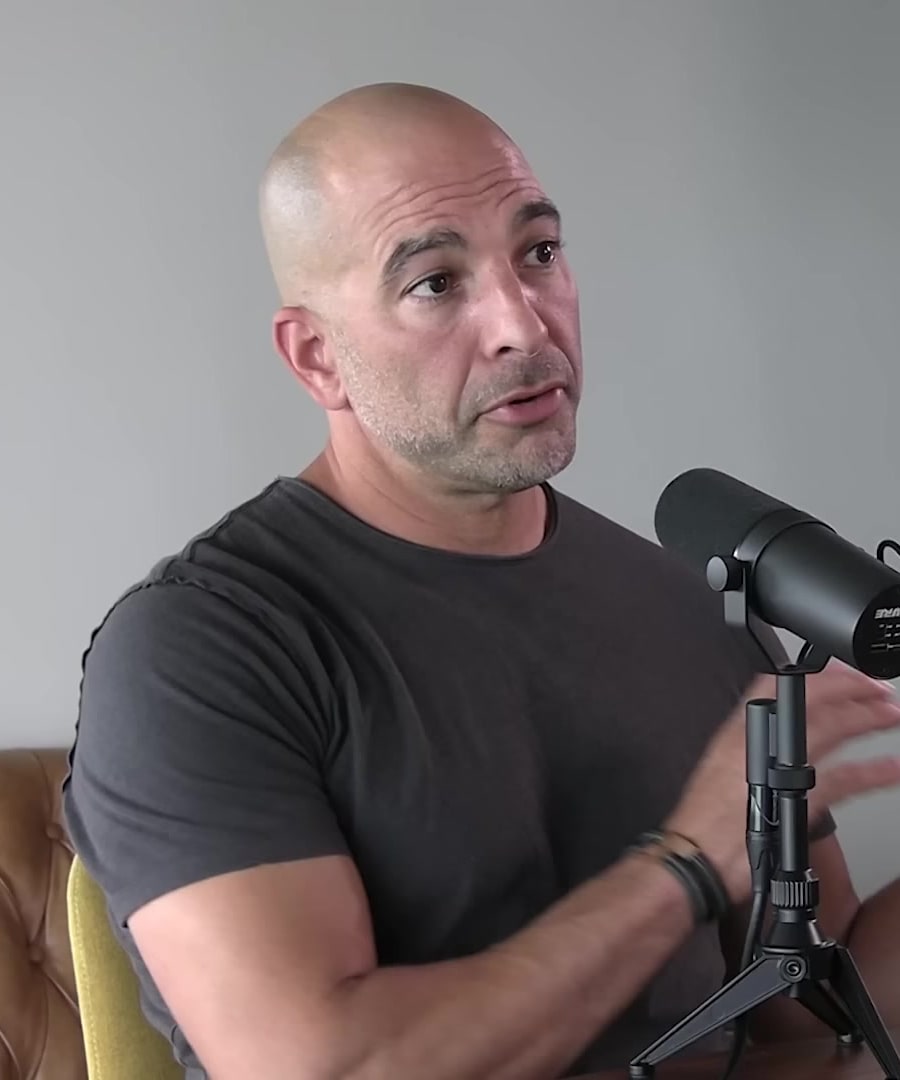menopause
Sources:
Menopause, defined as the cessation of menstruation due to ovarian failure, has been discussed in several episodes of the . Here are key insights and advice provided by experts:
-
Dr. Natalie Crawford underlines lifestyle choices impacting the timing of menopause. Factors like smoking, exposure to toxins, chronic inflammation, and untreated diseases like diabetes may trigger earlier menopause. She emphasizes living a lower inflammatory life, getting adequate sleep, and avoiding toxins to potentially prolong the natural onset of menopause. Each individual's egg reserve is different and largely uncontrollable, but lifestyle can influence the timing to some extent 1.
-
Dr. Peter Attia explains that menopause results in a significant decrease in estrogen, which can cause an increased risk of osteoporosis, heart disease, and stroke. He discusses the importance of bone mineral density, especially for women around menopause, as estrogen is the most important hormone for maintaining bone health 2.
-
In discussing hormone replacement therapy (HRT), Dr. Peter Attia notes that early symptoms of menopause, like night sweats and hot flashes, can give way to longer-term complications such as vaginal atrophy and osteoporosis. Historically, HRT was viewed as beneficial for reducing the risk of heart disease and other conditions but was found to increase the risk of uterine cancer if only estrogen, without progesterone, was given. He illustrates the evolution of HRT practices 3.
-
Andrew Huberman touches upon the challenges of menopause, including hot flashes, mood swings, and brain fog. Estrogen therapy is one approach to alleviating these symptoms, but it may not be suitable for everyone and can have side effects 4.
-
Dr. Natalie Crawford mentions signs indicating the approach of menopause, such as changes in menstrual cycle length or irregular periods. Symptoms like mental cloudiness, fatigue, headaches, decreased libido, and mood changes may also suggest the onset of perimenopause 5.
-
Dr. Sara Gottfried addresses the controversial Women's Health Initiative study on HRT, explaining the flawed design and inappropriate conclusions drawn from it. She indicates that HRT, especially when started within five to ten years of menopause, can be incredibly safe and offer benefits like reduced cardiovascular disease, better bone health, and less progression to diabetes 6.
Understanding menopause and its management, including HRT, requires individualized consideration and, often, the advice of a healthcare professional, given the potential risks and benefits involved.
RELATED QUESTIONS-
lifestyle tips for managing menopause
Sources:
Lifestyle choices can significantly affect the management of menopause symptoms and potentially impact the timing of menopause. According to Dr. Natalie Crawford, women should pay attention to their lifestyle choices even when they are not yet concerned with fertility or menopause. Here are some tips:
-
Avoid Smoking and Toxins: Avoiding risk factors like smoking and exposure to toxins can help delay the onset of menopause 1.
-
Anti-inflammatory Lifestyle: Chronic inflammation can influence the onset of menopause, so it's important to live a low-inflammatory life. This could involve dietary changes, managing stress, and leading an active lifestyle 1.
-
Get Adequate Sleep: Ensuring you get enough quality sleep is crucial for overall health and could potentially prolong when menopause begins 1.
-
Manage Untreated Diseases: Chronic conditions like diabetes should be properly managed to reduce the risk of earlier menopause 1.
-
Understand the Risks: Early menopause is linked to higher risks of dementia, osteoporosis, heart disease, stroke, and reduced life expectancy. Managing menopause effectively can have a profound impact on longevity and health 1.
While individual factors such as egg reserve vary and are largely uncontrollable, these lifestyle measures can contribute to better management of menopause symptoms and overall well-being.
RELATED QUESTIONS-
treating osteoporosis
Sources:
To treat osteoporosis, it is beneficial to engage in load-bearing exercise as it is vital for bone health and specifically stimulates the release of osteocalcin, which plays a role in improving neurons health and memory 1. Resistance training is highly effective in strengthening bones, particularly during the developmental years, such as the teens and 20s. Nonetheless, positive changes can still occur later in life through resistance training, even if the changes are smaller 2.
Osteocalcin, produced by bones and acting as a hormone, has various roles including regulation of testosterone and estrogen, and is released into the bloodstream to improve hippocampal function. This highlights the interconnectedness of movement, bone health, and cognitive function 3.
Tracking bone mineral density (BMD) is critical, as it indicates the risk of osteoporosis and osteopenia. Technologies like Dexa scans can provide a Z score that compares BMD against age and sex norms for early intervention to prevent further bone density loss 4.
For young individuals, especially under the age of 25, engaging in strength training, such as powerlifting, can significantly improve their peak bone density, setting a strong foundation for the future. For those who have had to use inhaled steroids for conditions like asthma, be aware these can impair BMD during critical windows of development 5. Therefore, attention to exercise, nutrition, and perhaps hormones and medications, guided by healthcare professionals, should be considered for managing and treating osteoporosis.
RELATED QUESTIONStreat osteoporosis
Sources:
osteoporosis
I am unable to find specific content from the Huberman Lab on the topic of osteoporosis treatment and management strategies. Since the Huberman Lab is a source of scientific and medical knowledge, I recommend consulting healthcare professionals for personalized advice on managing osteoporosis or exploring other credible medical resources to learn more about the condition and its current treatment options.
RELATED QUESTIONSWhat are the current treatment options for osteoporosis?
Sources:
Current treatment options for osteoporosis include various strategies:
-
Strength Training: Particularly powerlifting, has been mentioned by as an effective way to improve bone mineral density. It is crucial to engage in strength training during the critical developmental window, especially for women up to the age of 25, as this sets their trajectory for the rest of their life. Powerlifting applies shear forces via the muscle and tendon onto the bone, activating osteoblasts that help build bone 1.
-
Whole-Body Training: It's also important to train the whole body. Diagnoses of osteopenia and osteoporosis are typically based on bone density measurements in the hip and lumbar regions, but for overall bone health and prevention of fractures, whole-body training is recommended 2.
-
Hormone Replacement Therapy (HRT): For women going through menopause, HRT is often recommended to combat the accelerated bone loss that can occur during this time. Initiating HRT right at the beginning of menopause is considered key to its effectiveness. There are various types of estrogen replacement and different forms of administration, such as pills, vaginal inserts, and patches. A progestin component is also necessary to prevent endometrial cancer 3 4.
-
Menopause Supplements: Certain supplements can be used to alleviate menopause symptoms, which has indirect beneficial effects for bone health because estrogen levels are connected to bone density. Compounds such as black cohosh have been shown to modestly increase estrogen levels and decrease menopause-related symptoms 5.
-
Nutrition and Lifestyle: Adequate nutrition, along with lifestyle modifications, plays a role in bone health. Proper intake of calcium and vitamin D, for example, is critical for maintaining bone density. Avoiding smoking, excessive alcohol consumption, and ensuring a balanced diet are also key lifestyle factors.
-
Medications: Traditional medications such as bisphosphonates, calcitonin, and selective estrogen receptor modulators (SERMs) like raloxifene are often prescribed to slow bone loss and increase bone density.
Given that the information provided is based on a podcast episode dating back to August 2022, you should consult with healthcare professionals for the most current and tailored advice and treatment options for osteoporosis.
RELATED QUESTIONS-
menopause
- RELATED QUESTIONS
lifestyle tips for managing menopause
- RELATED QUESTIONS
treating osteoporosis
- RELATED QUESTIONS
treat osteoporosis
osteoporosis
- RELATED QUESTIONS
What are the current treatment options for osteoporosis?
- RELATED QUESTIONS
